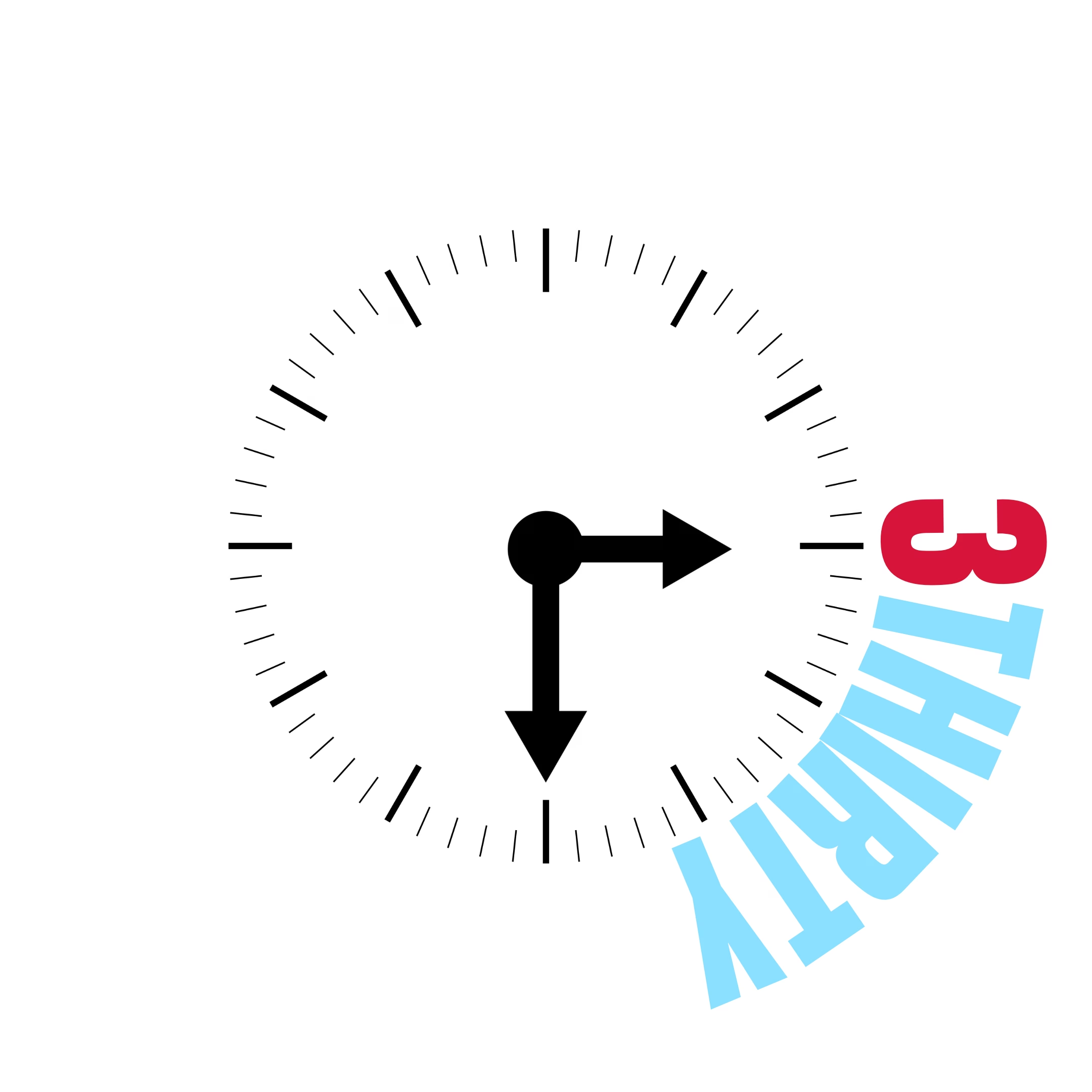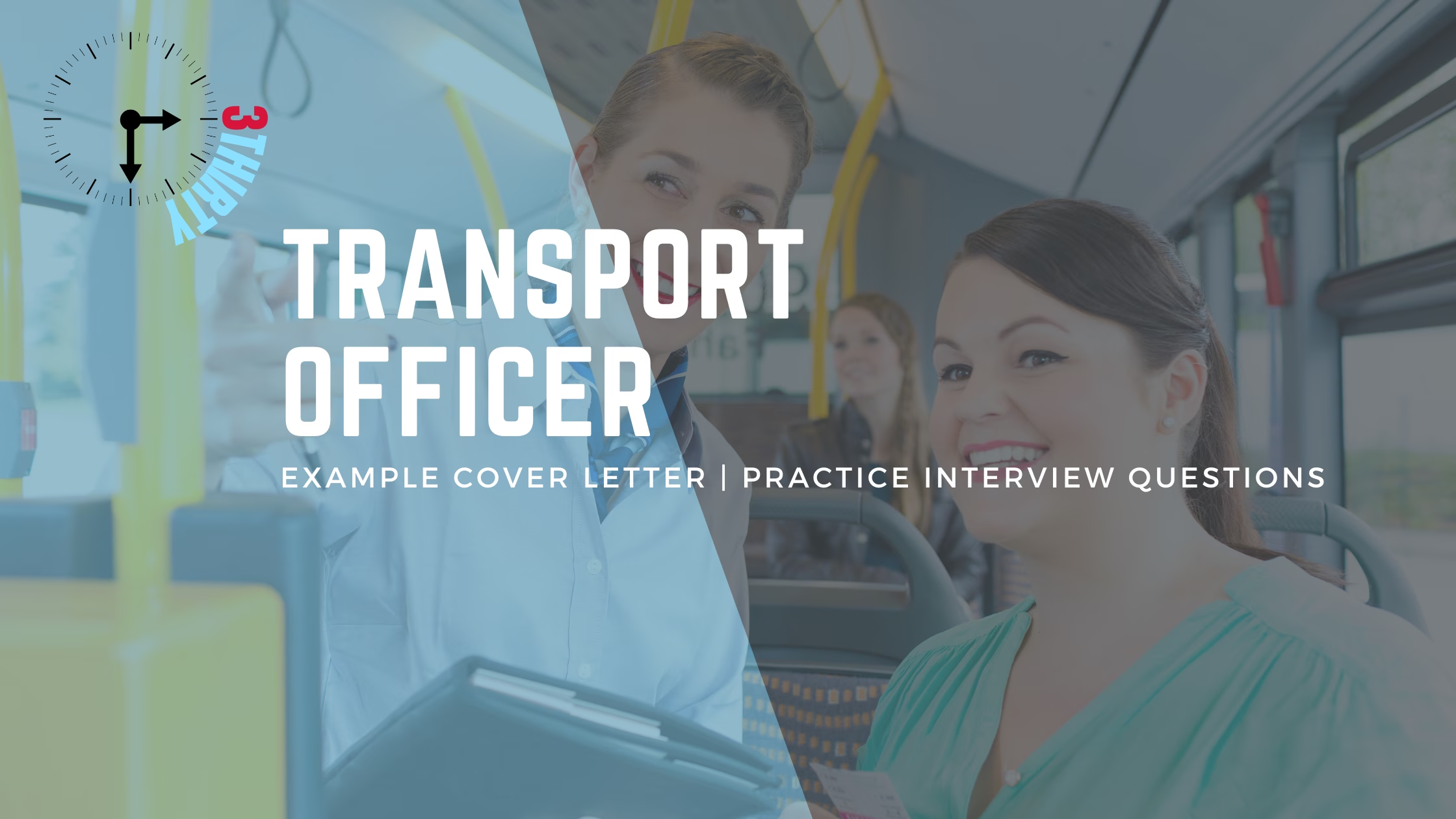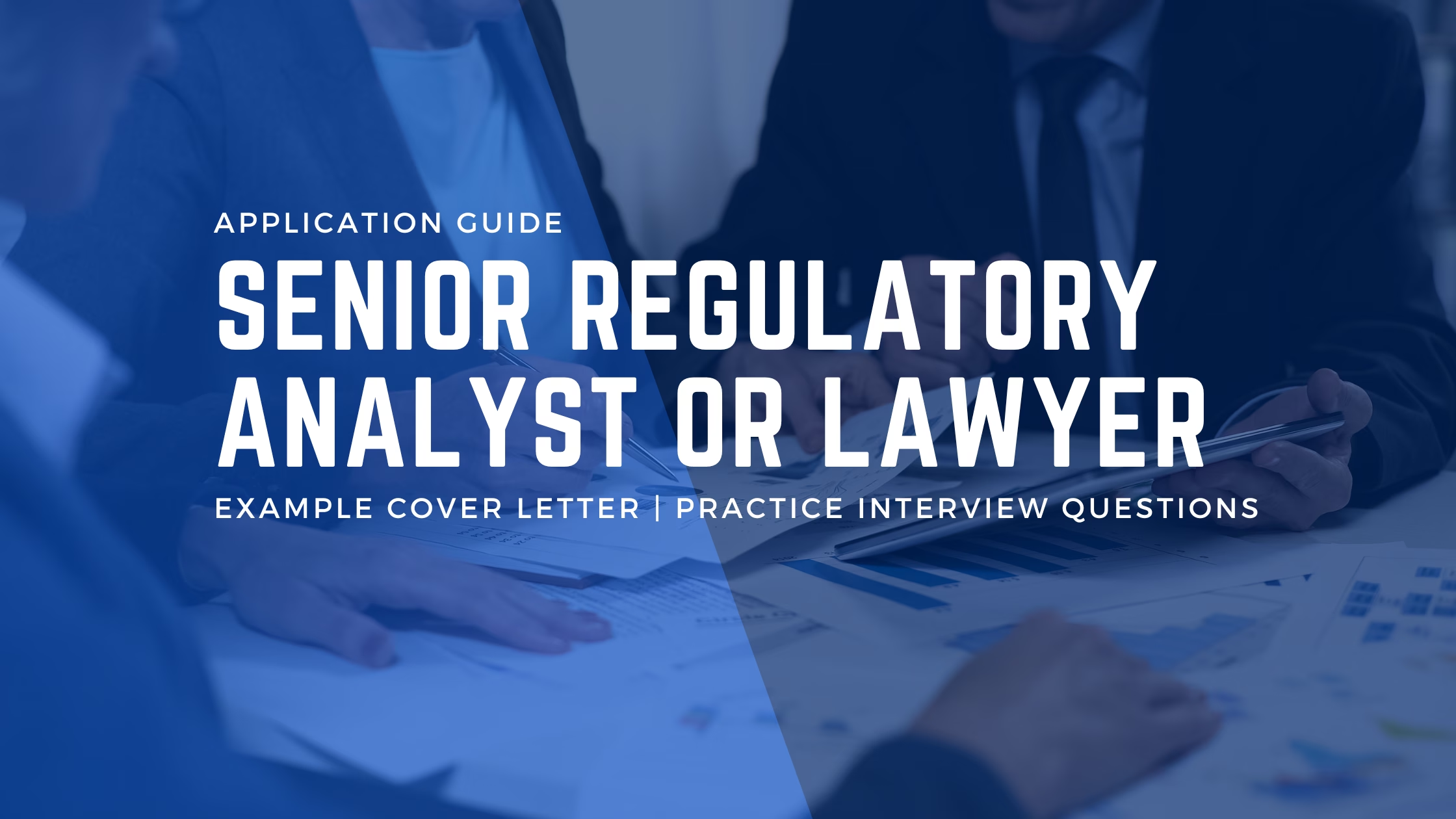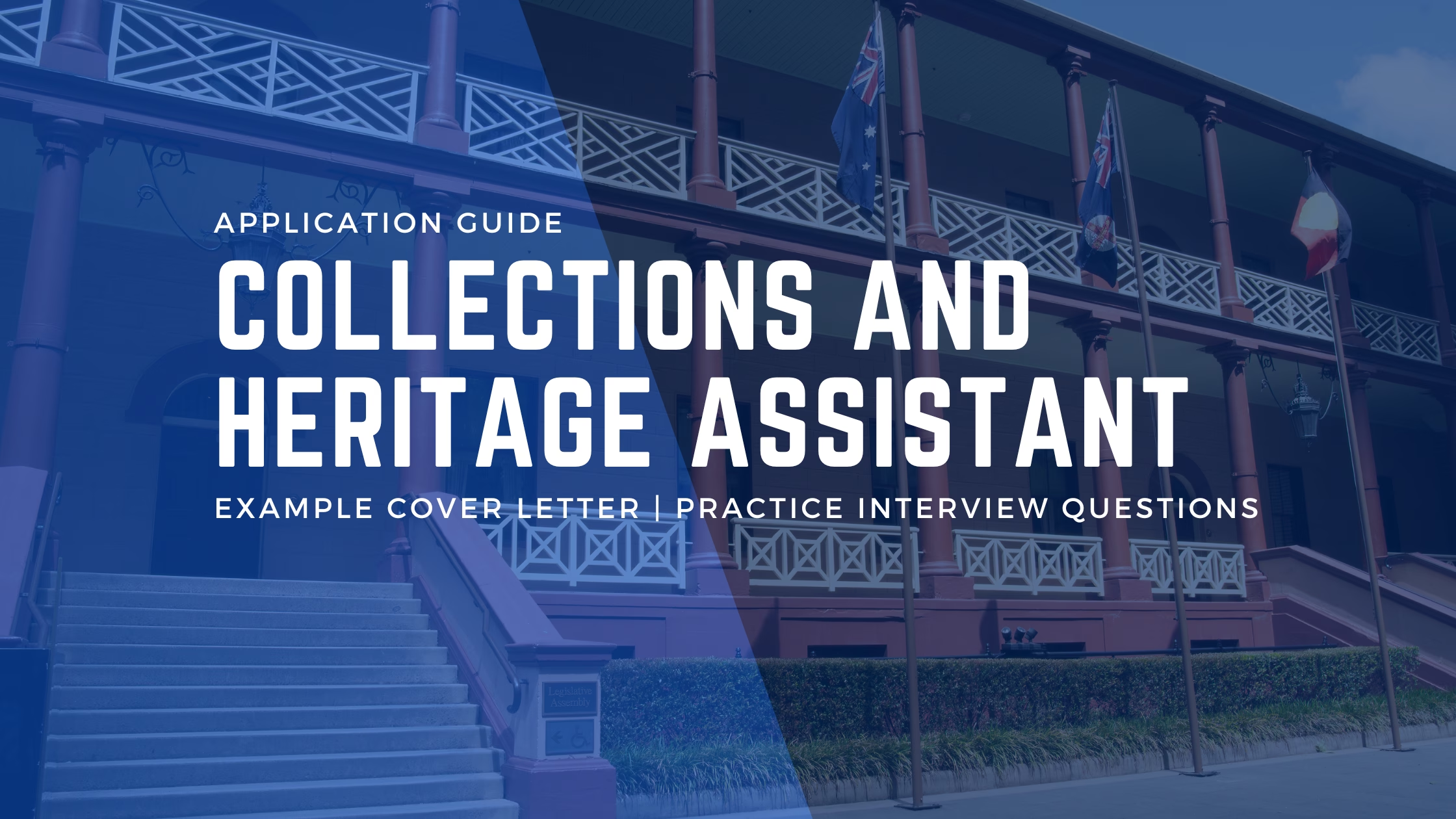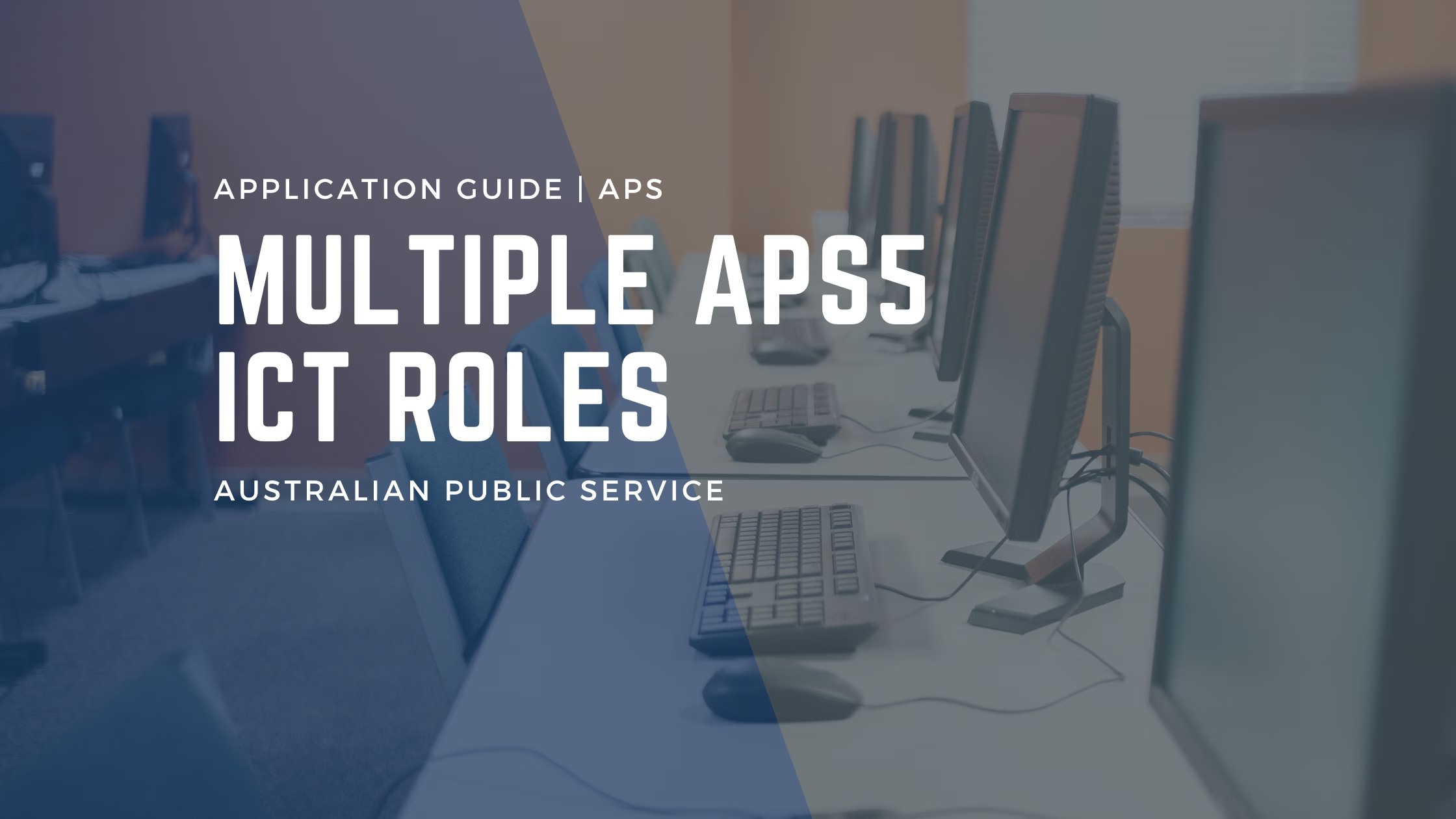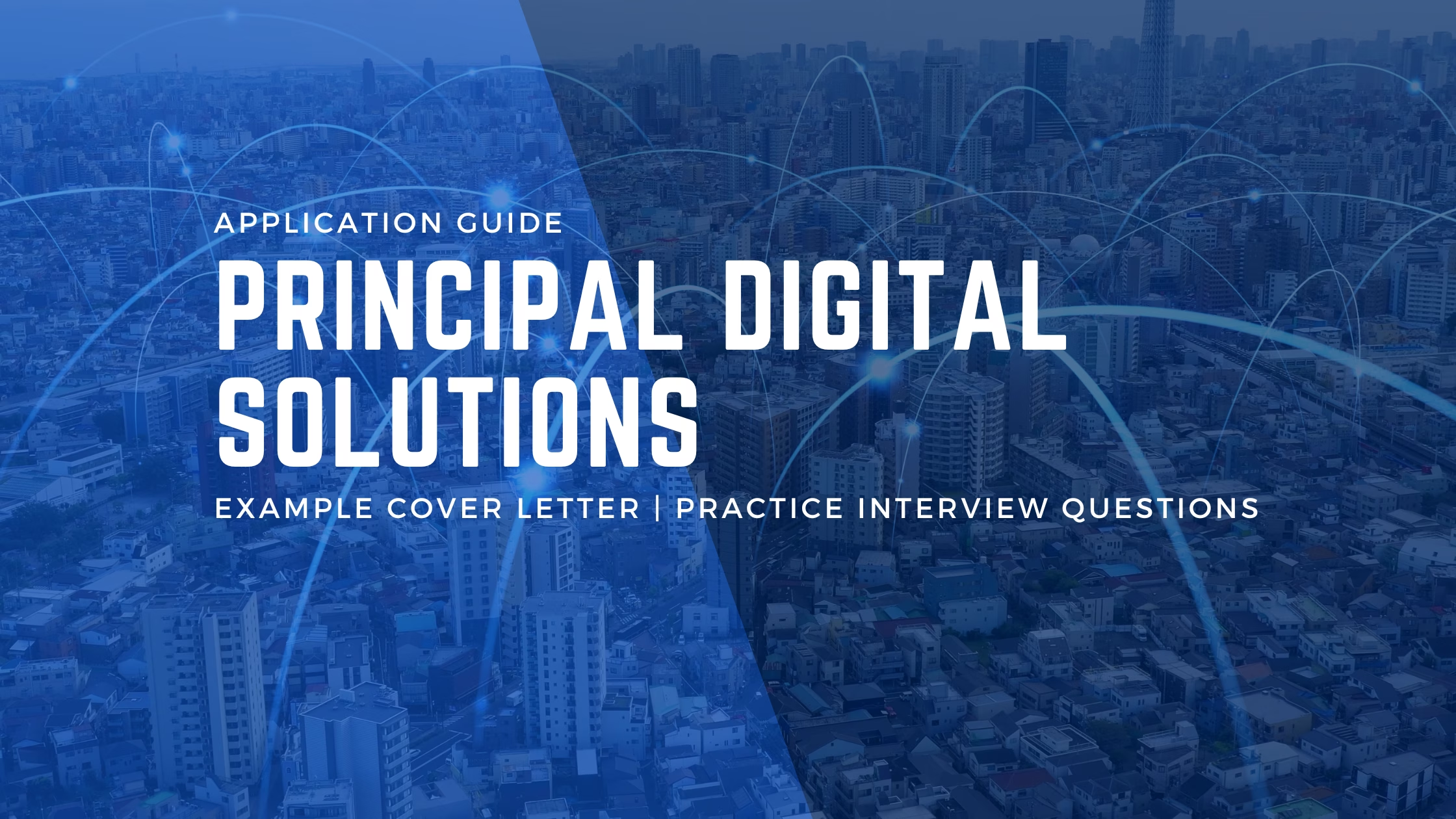Working as an NSW Transport Officer involves more than just checking tickets and ensuring fare compliance—it’s a people-focused role where you play a crucial part in delivering top-tier customer service across the public transport network. From helping passengers navigate Sydney Trains to de-escalating challenging situations, this position keeps you on your feet and engaged with diverse tasks every day.
If you’re looking for a fast-paced, in-person role that allows you to serve the community, collaborate within a dynamic team environment, and grow your skills in communication and conflict resolution, this career path is for you. In this blog post, we’ll walk you through every aspect of the NSW Public Sector application process—plus share a comprehensive example cover letter to help you stand out.
Imagine starting your day at Redfern station, greeting early-morning commuters as you ensure they travel with valid tickets. By afternoon, you’re problem solving at a busy platform, guiding families and visitors to the right trains. Each challenge you face—whether it’s conflict resolution, answering travel queries, or supporting fare compliance—helps shape a memorable, impactful journey for everyone on board. Ready to step into these shoes? Read on to discover what being an NSW Transport Officer can mean for your future.
Table of Contents
NSW Transport Officer: Your Pathway to a Dynamic Career in Public Transport
| Position Title | NSW Transport Officer |
|---|---|
| Organisation/Entity | Sydney Trains (Transport for NSW) |
| Job Location | Sydney Region / Sydney City (Base location: Redfern) |
| Work Type | Full-Time (In-person role) |
| Base Pay | AUD $66,462.00 to $76,638.00 per year |
| Closing Date | 16/02/2025 – 11:59 PM |
The Role of NSW Transport Officer
As an NSW Transport Officer, you’re entrusted with maintaining fare compliance, offering customer service, and ensuring an efficient rail operation for tens of thousands of daily commuters. You’ll be part of Sydney Trains, one of the core agencies within Transport for NSW, working in a system that connects communities across the public transport network.
In this role, every day brings new opportunities to exercise problem solving and conflict resolution. You might begin your shift guiding travelers unfamiliar with the city, then pivot to responding to fare-related inquiries, and later provide calm direction during busy peak hours. Communication skills and empathy are key, as you’ll frequently collaborate with other staff in a dynamic team environment to keep operations running smoothly.
Challenges for NSW Transport Officer
The challenges of being an NSW Transport Officer often revolve around high-pressure situations and quick decision-making. You’ll be required to:
- Work in bustling locations like Redfern station and others across Sydney.
- Ensure fare compliance by educating commuters on travel conditions and issuing cautions or fines where necessary.
- Employ conflict resolution tactics to address disputes and manage tense encounters.
- Maintain top-notch customer service to represent Transport for NSW in a positive light.
- Stay adaptable and contribute to a dynamic team environment working around the clock.
Resilience, patience, and a willingness to learn are essential. Meeting people from different backgrounds means no two days are the same, which is both the biggest challenge and the greatest reward of this role.
Reasons to Apply for NSW Transport Officer
Choosing to become an NSW Transport Officer can open doors to a rewarding career. Here are some key advantages:
- Hands-On Work: If you’re not a fan of desk-bound roles, you’ll appreciate the active nature of this field position.
- Development Opportunities: Sydney Trains and Transport for NSW are expansive networks, providing plenty of internal pathways for future growth.
- Varied Day-to-Day Tasks: From checking tickets to offering travel advice, you’ll rarely have the same routine twice.
- Dynamic Team Environment: Collaboration is key here, and you’ll be part of a group that values communication, cooperation, and mutual support.
- Competitive Pay and Benefits: Earning between AUD $66,462.00 to $76,638.00 per year, with access to additional benefits and generous public sector leave.
All these perks combine to make the NSW Transport Officer role an attractive choice if you love interacting with the public and want a clear path to professional advancement.
Application Requirements for NSW Transport Officer
Application Process
Applications for the NSW Public Sector follow a structured approach. You’ll need to submit:
- A tailored cover letter explaining your suitability and interest in the role.
- An updated resume that showcases your skills in customer service, conflict resolution, and problem solving.
Remember, applying for a NSW Public Sector position often means demonstrating how your capabilities meet the role’s demands. Clearly articulating examples of how you’ve handled challenging encounters or delivered excellent customer service can help your application stand out.
Essential Role Requirements
For this position, there are certain core competencies you must have:
- Schedule Flexibility: Since rail operations are 24/7, you should be prepared to work rotating shifts, including weekends and nights.
- Communication Skills: Whether speaking with passengers or collaborating with fellow Transport Officers, clear and empathetic communication is critical.
- Fare Compliance Knowledge: A basic understanding of ticketing systems and how to handle fines or cautions is essential.
- Problem Solving: You’ll frequently be on the spot resolving travel issues, dealing with disputes, and ensuring a smooth commuter experience.
Desirable Experience
While not strictly mandatory, the following can strengthen your application:
- Customer Service Background: Experience in retail, hospitality, or another public-facing role will translate well to interacting with diverse commuter populations.
- Previous Rail or Transport Industry Exposure: Familiarity with the operations of Sydney Trains or other public transport services.
- Conflict Resolution Training: Formal or informal experience that demonstrates your ability to defuse tense situations.
Understanding and Addressing Focus Capabilities for NSW Public Sector
The NSW Public Sector measures applicants against key focus capabilities outlined in the official role description. It’s strongly recommended that you refer to the NSW Capability Framework. This framework helps you understand how your experience should align with the role’s expectations. Here are some tips:
- Reflect the Language: Use the same terms in your resume and cover letter to match the job description’s focus areas.
- Highlight Achievements: Showcase specific instances where you excelled in customer service, solved complex issues, or handled conflict effectively.
- Stay Role-Relevant: Focus on competencies like adaptability, communication, collaboration, and decision-making—traits every NSW Transport Officer needs.
By linking each example or achievement to a key capability, you show the hiring team that you’re prepared for the unique challenges and responsibilities of working within Transport for NSW.
Application Checklist for NSW Transport Officer
| Task | Completed? |
|---|---|
| Review the Role Description and Focus Capabilities | [ ] |
| Prepare a targeted Cover Letter and Resume | [ ] |
| Get your cover letter reviewed | [ ] |
| Highlight Customer Service and Conflict Resolution Experience | [ ] |
| Demonstrate Knowledge of Sydney Trains and Transport for NSW | [ ] |
Candidate Profile
Meet Jill —a passionate, community-oriented individual who loves engaging with diverse crowds. After spending several years in retail, Jill is ready for a more challenging role that lets them tap into their conflict resolution and problem-solving strengths. They’re excited to work outdoors, interacting with passengers, and offering advice on travel routes. Equipped with strong communication skills and a proven ability to keep a cool head in tense situations, Jill represents the ideal candidate to thrive as an NSW Transport Officer at Sydney Trains.
NSW Transport Officer Example Cover Letter
Dear Hiring Manager,
I am writing to express my strong interest in the NSW Transport Officer role within Sydney Trains. Having spent the past four years in customer-facing positions, I’ve developed a keen understanding of how positive interaction and clear communication can shape a commuter’s experience. The opportunity to use these skills in a dynamic team environment—ensuring fare compliance and promoting a safe, efficient public transport network—immediately caught my attention.
During my time as a Customer Service Associate in a busy retail environment, I honed my ability to work under pressure and my skill in resolving diverse conflicts.
One day, for instance, our store experienced a sudden influx of customers due to a promotional event. (Situation) We were understaffed, and tensions ran high as customers waited in long lines. (Task) I was responsible for managing the customer queue and maintaining order. (Action) By communicating clearly, offering apologies for the wait, and providing real-time updates on queue lengths, I managed to keep customers calm and informed. I also delegated tasks among my teammates, ensuring fast checkouts without compromising on courtesy. (Result) Not only did we handle the event successfully with minimal complaints, but my manager also praised my calm demeanour and quick thinking under pressure.
Additionally, my role included daily communication with suppliers, which required attention to detail and a knack for problem solving. I’m confident these skills will transfer seamlessly to the demands of an NSW Transport Officer, where daily responsibilities include checking tickets, explaining fare conditions, and addressing traveller inquiries.
In another instance, I was working at a technology retail chain when an irate customer arrived, feeling misguided about a product’s features. (Situation) The customer was upset about what they believed to be misleading advertising. (Task) I needed to de-escalate the situation and offer a fair resolution.
(Action) First, I listened attentively to the customer’s frustration without interrupting, demonstrating empathy for their standpoint. I then clarified the product specifications, highlighting how the information aligned with the manufacturer’s official details. I offered alternative product options and, to compensate, included a small discount for the inconvenience. (Result) The customer left the store more informed and satisfied, thanking me for the attentive service. I believe this approach—actively listening, demonstrating empathy, and offering practical solutions—is crucial for keeping the public transport environment safe and friendly.
Beyond these experiences, my familiarity with the Transport for NSW network and Sydney Trains system stems from regularly using public transport myself. I’ve seen the difference a courteous, proactive staff member can make in turning an ordinary commute into a pleasant one. In aligning my experiences with the NSW Capability Framework, I can demonstrate strong communication, a focus on community service, and the proactive resilience needed for an in-person role.
I’m excited about the possibility of joining your team of NSW Transport Officers and contributing to the network’s high standards of safety and customer service. Thank you for taking the time to review my application.
I look forward to the opportunity to discuss how my background in conflict resolution, customer service, and problem solving can benefit Sydney Trains.
Please feel free to contact me at your convenience.
Sincerely,
Jill Johnstone
Explain the STAR Technique
The STAR (Situation, Task, Action, Result) technique is a proven method to showcase your real-world capabilities in a structured, easy-to-follow format. By explaining the context (Situation), your responsibility or goal (Task), the steps you took (Action), and the final outcome (Result), you demonstrate your competence more effectively. This is particularly essential in public sector recruitment, where hiring managers often look for tangible examples of problem solving, conflict resolution, and communication skills.
In the cover letter above, you can see how two real-life examples were broken down using STAR. Each scenario highlights an applicant’s actions and the impact of their decisions—a compelling way to prove readiness for handling fare compliance, diffusing tense situations, and contributing meaningfully to a dynamic team environment. This method also ensures your responses remain concise, relevant, and insightful during interviews.
Interview Preparation and Conclusion
NSW Public Sector Interview Practice
Interviews for an NSW Transport Officer position often focus on your readiness to handle real challenges on the public transport network. Here are three sample questions you might encounter:
- “Tell us about a time you had to resolve a conflict with minimal supervision.”
- “How would you handle a passenger refusing to pay the correct fare?”
- “Describe a situation where you had to adapt quickly in a high-pressure environment.”
When answering, stick to the STAR format. For instance, if asked how you handle a passenger refusing to pay the correct fare, you might respond:
Example Answer (STAR Format):
Situation: I encountered a passenger who felt the fare was unjust and refused to purchase the correct ticket.
Task: My objective was to maintain composure, diffuse the tension, and guide the passenger toward a fair resolution, all while keeping the train’s schedule on track.
Action: I approached the passenger calmly, asked clarifying questions, and empathised with their frustration. I then explained the fare system in simple terms, emphasising fairness to all passengers who pay correctly. I also mentioned that my role is to ensure compliance, not to penalize unnecessarily, and offered the opportunity for the passenger to purchase the correct fare immediately.
Result: The passenger acknowledged the guidelines and purchased the correct ticket. We concluded the conversation on a positive note, and I prevented further delays or potential conflict.
Final Thoughts
Becoming an NSW Transport Officer can be a life-changing career move, offering challenges that develop your communication skills, conflict resolution prowess, and problem solving abilities. By diligently preparing your application—through a targeted cover letter, a clear resume aligned with the NSW Capability Framework, and confident interview techniques—you position yourself as a strong candidate. Remember to leverage STAR to give structured examples of your achievements and always keep the commuter at the heart of what you do.
